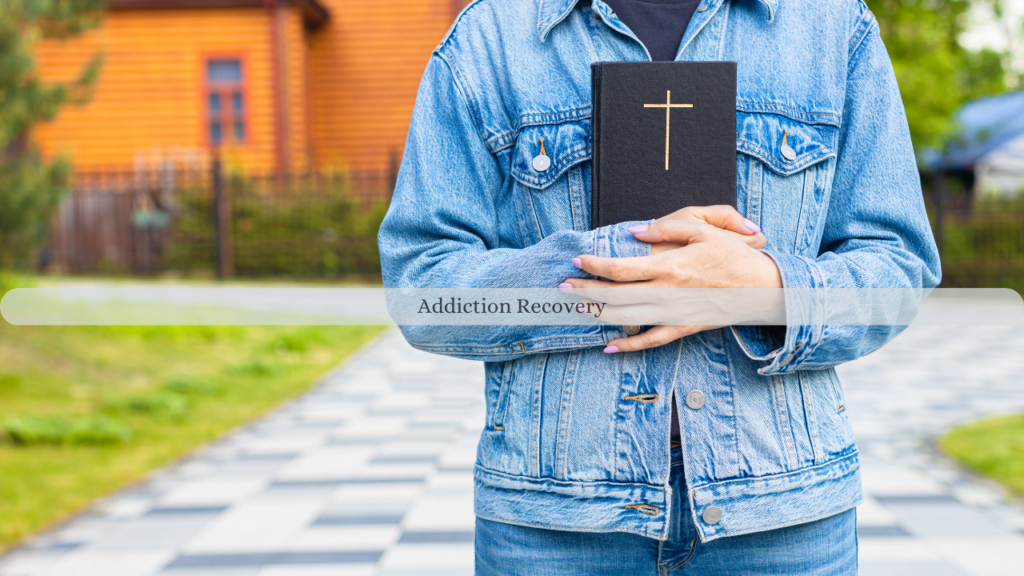
Addiction recovery is a challenging and transformative journey that requires a strong support system. One of the most essential roles in this process is that of a sponsor. A sponsor serves as a mentor, guide, and source of hope for those navigating the complexities of addiction recovery, often becoming a lifeline for individuals seeking lasting sobriety. The sponsor’s influence can be pivotal, offering personalized support, encouragement, and accountability when it’s needed most.
What Is a Sponsor?
In addiction recovery, particularly in 12-step programs like Alcoholics Anonymous (AA) or Narcotics Anonymous (NA), a sponsor is a person who has already achieved a significant level of sobriety and is willing to share their experiences, strength, and hope with someone who is newer to the recovery process. Sponsors are typically individuals who have successfully worked through the 12 steps themselves, understand the challenges of addiction, and are committed to maintaining their own sobriety while helping others do the same.
The sponsor’s primary responsibility is to guide the recovering addict through the 12 steps, helping them understand each step’s meaning, purpose, and application. This often involves regular meetings, phone calls, or text messages, where the sponsor offers advice, provides feedback, and listens to the struggles and victories of their sponsee.
A Source of Hope and Accountability
One of the most critical aspects of sponsorship is the emotional support a sponsor provides. Addiction is a deeply isolating experience, and many people in recovery feel misunderstood, judged, or overwhelmed. A sponsor, having walked the same path, offers a unique form of empathy that few others can. They provide hope by showing that recovery is possible, sharing their personal stories of triumph over addiction.
However, the relationship is not just about emotional support. A sponsor also serves as a source of accountability. They help the recovering addict stay committed to their sobriety by checking in regularly and offering constructive feedback when they see potential pitfalls. Whether it’s resisting temptations, dealing with triggers, or handling emotional challenges, a sponsor can provide guidance based on their own experiences and the principles of the recovery program.
Encouraging Personal Growth
The role of a sponsor is not merely to ensure that the sponsee stays sober but to encourage their overall personal growth. Sponsors encourage recovering addicts to reflect on their behaviors, past decisions, and emotional patterns. They help their sponsees work through feelings of guilt, shame, or anger that might have contributed to their addiction. Through the process of self-discovery and healing, the sponsor helps the recovering addict reclaim their sense of self-worth and purpose.
This process often involves confronting difficult truths, but it’s also empowering. With the guidance of a sponsor, individuals in recovery can develop healthier coping mechanisms, strengthen relationships, and rebuild a sense of stability in their lives.
Mutual Benefits
While sponsorship is undoubtedly beneficial for the person in recovery, it also offers rewards for the sponsor. Many sponsors report that helping others strengthens their own commitment to sobriety. Sponsoring someone reinforces the lessons they have learned, provides a sense of purpose, and cultivates humility and gratitude. In essence, the relationship becomes mutually supportive, where both sponsor and sponsee grow together on the path to sobriety.
Conclusion
Becoming a sponsor in addiction recovery is an invaluable role that fosters connection, support, and personal growth for both parties. A sponsor serves as a trusted guide, helping individuals navigate the complex and often challenging journey toward sobriety. Their encouragement, wisdom, and accountability can be the lifeline that someone in recovery needs to stay on course and achieve lasting change. For many, the bond formed between sponsor and sponsee is one of the most meaningful aspects of the recovery process, and its impact can last a lifetime.